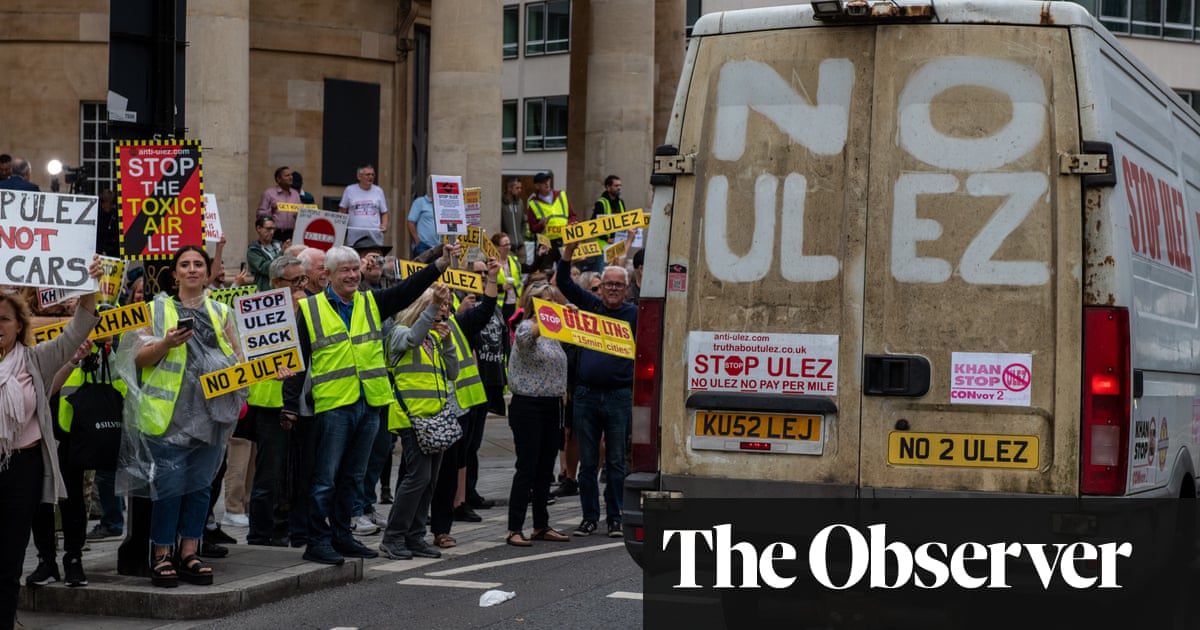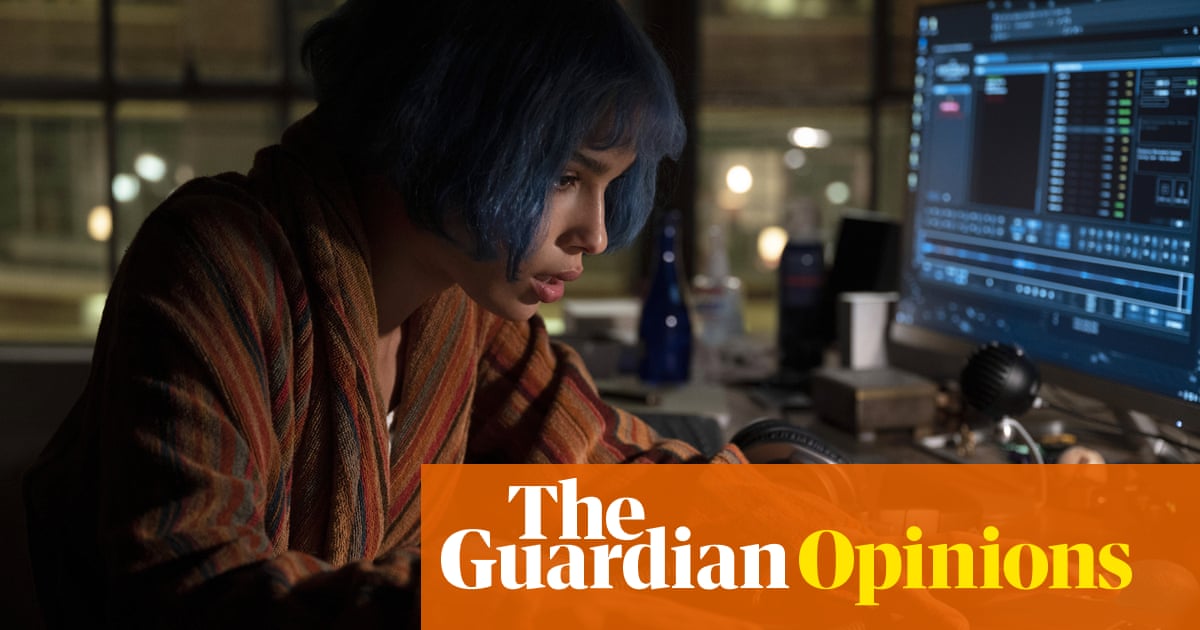
Saudi Aramco began the process of improving the transparency of the business as part of Saudi Arabia’s Vision 2030 development plan before such a moves was mandated by the stock market.
It is the largest company in the world by market value, and also the most profitable. Even though profits fell by 21 percent from $111.1 billion in 2018 to $88.2 billion in 2019, Aramco is still more profitable than the five largest international oil companies combined (ExxonMobil, Royal Dutch Shell, Chevron, British Petroleum and Total).
The profits of those companies were also affected by the decline in oil prices, overall market conditions and the global economic slowdown. For example, ExxonMobil recorded profits of $14.3 billion in 2019, a decline of 31 percent from 2018. Royal Dutch Shell also achieved a net profit of $16.5 billion, a decrease of 23 percent from 2018.
If we compare Aramco’s profits with Apple — two companies valued at more than a trillion dollars — we find the latter’s profits declined, too, from $59.5 billion in 2018 to $55.3 billion in 2019, which is almost 40 percent less than Aramco’s. These astonishing figures confirm Saudi Aramco’s place as the most profitable company in the world last year, despite lower oil prices and lower refining margins.
However, some in the global business media still persist with negative stories and skepticism about Aramco’s financials for 2019 or 2018, claiming that the company’s disclosure of figures did not meet the transparency requirements of international investors.
These biased media outlets deliberately ignore accepted international standards for the disclosure of operating and profitability results by listed companies. Some international media platforms erroneously claimed that the financials announced by Aramco were ambiguous, when in fact they are simply brief, as is standard practice on such occasions among all listed companies.
Aramco’s financials are in line with the International Financial Reporting Standards, which are prepared by the International Accounting Standards Board with the aim of providing a unified accounting language that can be read and understood by all interested parties, especially investors. This is a requirement for any company with shares listed on the stock market, whether locally or internationally.
However, reports by some international media outlets claim that Aramco’s reports were vague — which might indicate the inability of their writers and editors to fully understand such reports prepared to international standards. If they do not have the technical ability required to read and comprehend financial figures reported by Aramco, and possibly other international oil and gas companies, then this is a problem for these media organizations.
In addition, these skeptical media platforms completely ignored the fact that when Aramco announced its financial results, it provided details of how people could get in touch with its investor relations department to get additional, detailed information that might not be available to the general public. The company provided a postal address through which anyone with an interest in obtaining more information could contact the business directly.
The suspicion with which these media platforms continue to regard Aramco calls into question their credibility, as even casual observers will begin to notice unreliable and biased news coverage of Saudi Arabia in general and Aramco in particular. There is no good reason for this; it is hard to view it as anything other than an attempt to divert attention from the company’s impressive performance and results.
The operational transparency of Aramco is in line with international standards and was a basic requirement before its shares are allowed to be listed on the stock market.
But the most important thing to understand here is that this increased transparency reflected the will of the Saudi leadership as part of a larger process to reform and develop the Saudi economy.
Perhaps, challenges to Aramco’s financial reports are not intended only to undermine the company, but primarily to undermine Saudi Vision 2030 and raise doubts about the Kingdom’s ability to successfully implement the ongoing economic reforms.
These suspicious entities will not stop questioning us, but nor will we will stop revealing their questionable activities to the world.
• Faisal Faeq is an energy and oil marketing adviser. He was formerly with OPEC and Saudi Aramco.
Twitter:@faisalfaeq
Disclaimer: Views expressed by writers in this section are their own and do not necessarily reflect Arab News" point-of-view












